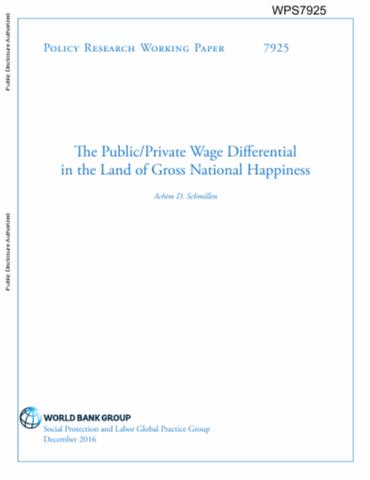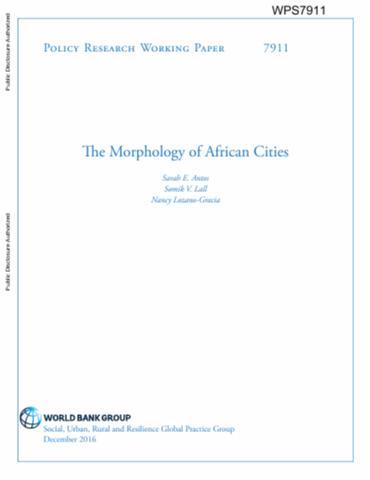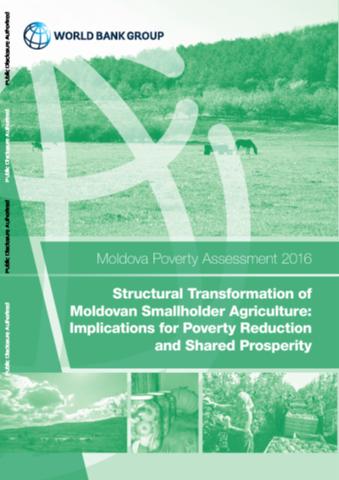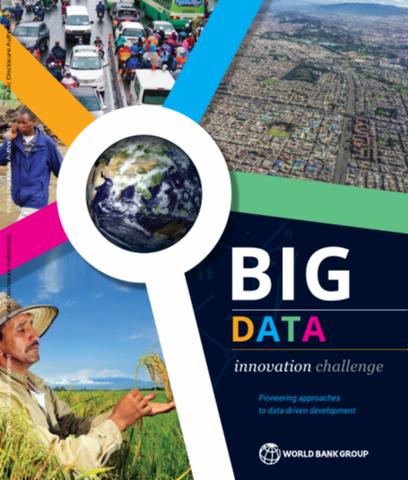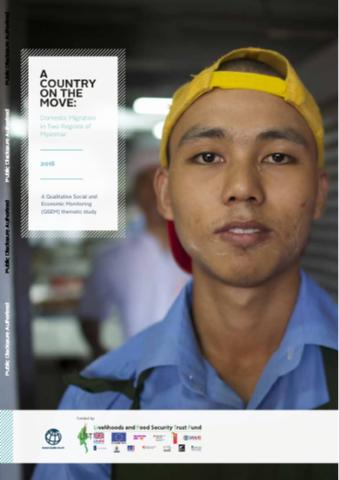The World Bank is a vital source of financial and technical assistance to developing countries around the world. We are not a bank in the ordinary sense but a unique partnership to reduce poverty and support development. The World Bank Group has two ambitious goals: End extreme poverty within a generation and boost shared prosperity.
- To end extreme poverty, the Bank's goal is to decrease the percentage of people living on less than $1.25 a day to no more than 3% by 2030.
- To promote shared prosperity, the goal is to promote income growth of the bottom 40% of the population in each country.
The World Bank Group comprises five institutions managed by their member countries.
The World Bank Group and Land: Working to protect the rights of existing land users and to help secure benefits for smallholder farmers
The World Bank (IBRD and IDA) interacts primarily with governments to increase agricultural productivity, strengthen land tenure policies and improve land governance. More than 90% of the World Bank’s agriculture portfolio focuses on the productivity and access to markets by small holder farmers. Ten percent of our projects focus on the governance of land tenure.
Similarly, investments by the International Finance Corporation (IFC), the World Bank Group’s private sector arm, including those in larger scale enterprises, overwhelmingly support smallholder farmers through improved access to finance, inputs and markets, and as direct suppliers. IFC invests in environmentally and socially sustainable private enterprises in all parts of the value chain (inputs such as irrigation and fertilizers, primary production, processing, transport and storage, traders, and risk management facilities including weather/crop insurance, warehouse financing, etc
For more information, visit the World Bank Group and land and food security (https://www.worldbank.org/en/topic/agriculture/brief/land-and-food-security1
Resources
Displaying 226 - 230 of 4907The Public/Private Wage Differential in the Land of Gross National Happiness
In Bhutan, the public sector is usually seen as the most desirable employer. This study asks if this can be attributed to public sector employees receiving higher wages than comparable private sector workers. To answer the question, the study combines an Oaxaca-type decomposition of wage differentials into characteristics and coefficients effects with a multinomial logit model for self-selection into labor force participation and the public or private sector.
The Morphology of African Cities
This paper illustrates how the capabilities of GIS and satellite imagery can be harnessed to explore and better understand the urban form of several large African cities (Addis Ababa, Nairobi, Kigali, Dar es Salaam, and Dakar). To allow for comparability across very diverse cities, this work looks at the above mentioned cities through the lens of several spatial indicators and relies heavily on data derived from satellite imagery.
Structural Transformation of Small Farms in Moldova
The agricultural and food production sector plays a key role in fighting poverty and food insecurity in Moldova, but is facing critical challenges to modernize and integrate into the international market. This paper focuses on smallholder farms, which make up 95 percent of all farms, and explores their potential for growth and the poverty links. Findings reveal that structural change is slow and smallholder farm growth in Moldova is an exception, not the rule.
Big Data Innovation Challenge
Big data can sound remote and lacking a human dimension, with few obvious links to development and impacting the lives of the poor. Concepts such as anti-poverty targeting, market access or rural electrification seem far more relevant – and easier to grasp. And yet some of today’s most groundbreaking initiatives in these areas rely on big data. This publication profiles these and more, showing how data on an unprecedented scale has the potential to improve lives in unprecedented ways. The featured case stories illustrate the diverse range of big data applications in development.
A Country on the Move
In the last four years Myanmar’s economy has seen a slight shift away from agriculture toward industry and services. This may mark the beginning of a structural transformation away from a rural, agricultural economy toward a more urban, industrial and service-based economy. Urbanization and job creation in urban areas have the potential to have a significant impact on labor and mobility patterns, especially for the landless and land-poor workers that account for a large part of the rural workforce.






